The week's good news: August 15, 2019
It wasn't all bad!

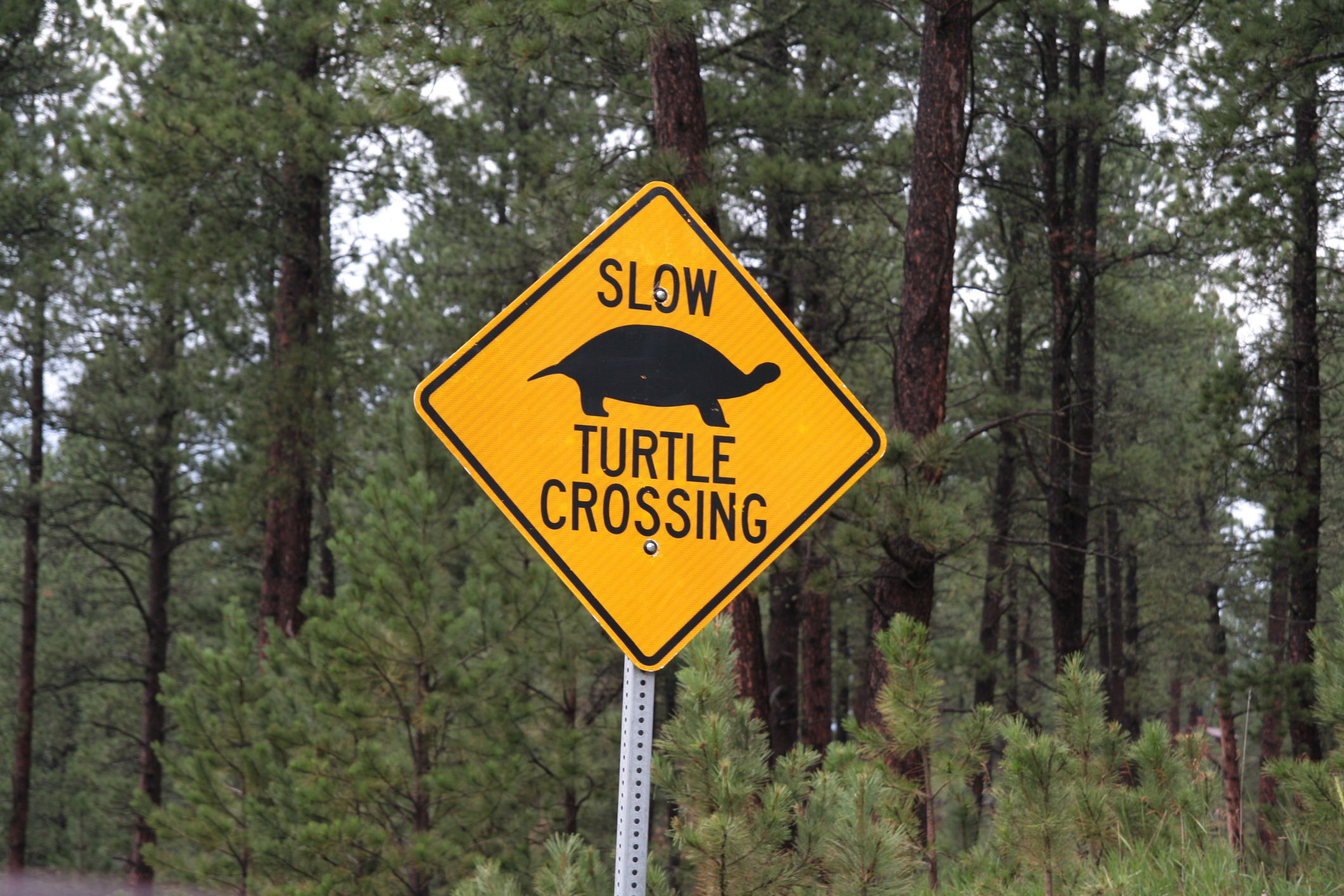
- 1. Indiana boy convinces mayor to put up 'turtle crossing' signs near ponds
- 2. Study finds 2 new drugs are highly effective in treating Ebola
- 3. FBI agent reunited with abducted baby he helped rescue decades ago
- 4. Damaged underwater mountain chain shows signs of recovery
- 5. Grandmother and grandson duo embark on quest to see every U.S. National Park
A free daily email with the biggest news stories of the day – and the best features from TheWeek.com
You are now subscribed
Your newsletter sign-up was successful
1. Indiana boy convinces mayor to put up 'turtle crossing' signs near ponds
Jack Wietbrock just wants to keep all the turtles in West Lafayette, Indiana, safe. Along with his mom and younger brother, the second-grader recently saved a baby turtle that was stuck crossing a road called Cherry Lane. Wietbrock's mother, Michelle, told Good Morning America there are several ponds in the area, and often turtles are hit by cars. After rescuing the turtle, Jack thought it would be a good idea to send a letter to West Lafayette's mayor, John Dennis, asking him to do something to help the town's reptile population. Jack requested that "Turtle Crossing" signs be installed on Cherry Lane, and even drew an illustration showing how he saved the baby. Dennis thought this was an excellent idea, and there are now two turtle crossing signs up on Cherry Lane — proof that kids can enact change. "We hope it encourages people to make a difference," Michelle Wietbrock said.
2. Study finds 2 new drugs are highly effective in treating Ebola
Preliminary results show two new drugs appear to be highly effective at treating people with the Ebola virus. Scientists studied four experimental drugs, and found that a compound developed by Regeneron Pharmaceuticals and another created by the U.S. National Institutes of Health (NIH) "may be able to improve the survival of people with Ebola," Dr. Anthony Fauci of the NIH told The Associated Press. The drugs are both antibodies that block the virus, and researchers found a mortality rate of 30 percent for those who received the treatments; the mortality rate for another drug, ZMapp, was 50 percent. When patients received the treatments earlier, mortality rates dropped to 6 percent with the Regeneron drug and 11 percent with the NIH compound, compared to 24 percent with ZMapp. Over the last year, Ebola has killed more than 1,800 people in Congo, and all treatment centers in the country now have access to these two drugs.
The Week
Escape your echo chamber. Get the facts behind the news, plus analysis from multiple perspectives.

Sign up for The Week's Free Newsletters
From our morning news briefing to a weekly Good News Newsletter, get the best of The Week delivered directly to your inbox.
From our morning news briefing to a weekly Good News Newsletter, get the best of The Week delivered directly to your inbox.
3. FBI agent reunited with abducted baby he helped rescue decades ago
After spending decades wondering about the baby he rescued 22 years ago, retiring FBI agent Troy Sowers was finally able to give Stewart Rembert — now a corporal in the Marine Corps — a hug. In 1997, a woman pretending to be a nurse abducted a newborn Rembert from the hospital. Sowers had only been with the FBI for a few months when he was tasked with finding Rembert, and he discovered the infant in a box behind a restaurant in Tacoma, Washington. "It's crazy to think that without his efforts, I wouldn't even be here today," Rembert told NBC News. Sowers is now based in Knoxville, Tennessee, and wanting to give him a special send-off, his colleagues tracked down Rembert and invited him to Sowers' retirement celebration on Friday. Rembert said he was "honored" to meet Sowers, and Sowers called this "probably one of the best surprises I've ever had."
4. Damaged underwater mountain chain shows signs of recovery
After fearing the worst, scientists were excited to discover baby corals slowly growing along the Hawaiian-Emperor Seamount Chain. In a study published last week in the journal Science Advances, researchers from Florida State University and Texas A&M University wrote about the underwater mountain range, which was damaged decades ago by trawling, a fishing practice which involves dragging nets along the seafloor. Study co-author Amy Baco-Taylor told Earth.com it's been "hypothesized that these areas, if they've been trawled, that there's not much hope for them. So, we explored these sites fully expecting not to find any sign of recovery. But we were surprised to find evidence that some species are starting to come back to these areas." The researchers saw signs of sponges and tiny deep-sea corals in the trawl scars, and as this area is federally protected, Baco-Taylor said it shows that "long-term protection allows for recovery of vulnerable species."
A free daily email with the biggest news stories of the day – and the best features from TheWeek.com
5. Grandmother and grandson duo embark on quest to see every U.S. National Park
Brad Ryan has made his grandmother's dreams of seeing mountains, oceans, and sand dunes come true. Joy Ryan, 89, lives in Duncan Falls, Ohio, and never did much traveling. After Brad graduated from college, he started going on more and more trips, and his grandmother shared that she regretted not going on adventures when she was younger. That's when Brad decided it was time for his grandmother to see cacti and mountain peaks in person, not through a television screen. In 2015, they went on their first trip, a spur-of-the-moment trek to the Great Smoky Mountains National Park. Brad then decided to take Joy to all 61 U.S. National Parks, and they have since traveled to 29 parks, covering 25,000 miles in 38 states. "We've seen grizzly bears, we've been charged by a moose ... we've had all these dramatic experiences and seen all this wildlife that she's never set eyes on in Ohio," he told CBS News.
Catherine Garcia has worked as a senior writer at The Week since 2014. Her writing and reporting have appeared in Entertainment Weekly, The New York Times, Wirecutter, NBC News and "The Book of Jezebel," among others. She's a graduate of the University of Redlands and the Columbia University Graduate School of Journalism.
-
 Political cartoons for February 13
Political cartoons for February 13Cartoons Friday's political cartoons include rank hypocrisy, name-dropping Trump, and EPA repeals
-
 Palantir's growing influence in the British state
Palantir's growing influence in the British stateThe Explainer Despite winning a £240m MoD contract, the tech company’s links to Peter Mandelson and the UK’s over-reliance on US tech have caused widespread concern
-
 Quiz of The Week: 7 – 13 February
Quiz of The Week: 7 – 13 FebruaryQuiz Have you been paying attention to The Week’s news?
-
 The week's good news: Sept. 21, 2023
The week's good news: Sept. 21, 2023It wasn't all bad!
-
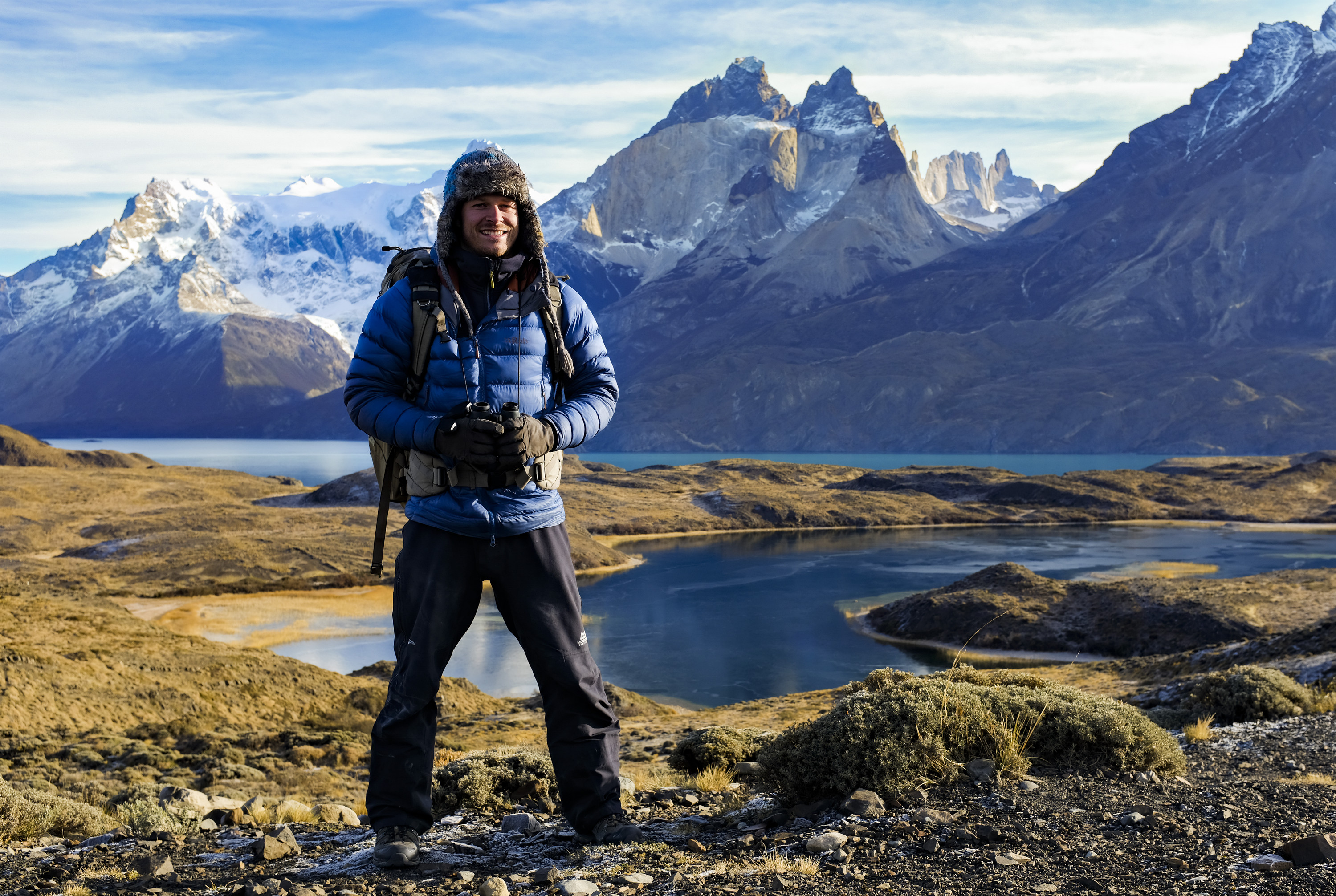 The week's good news: Sept. 14, 2023
The week's good news: Sept. 14, 2023It wasn't all bad!
-
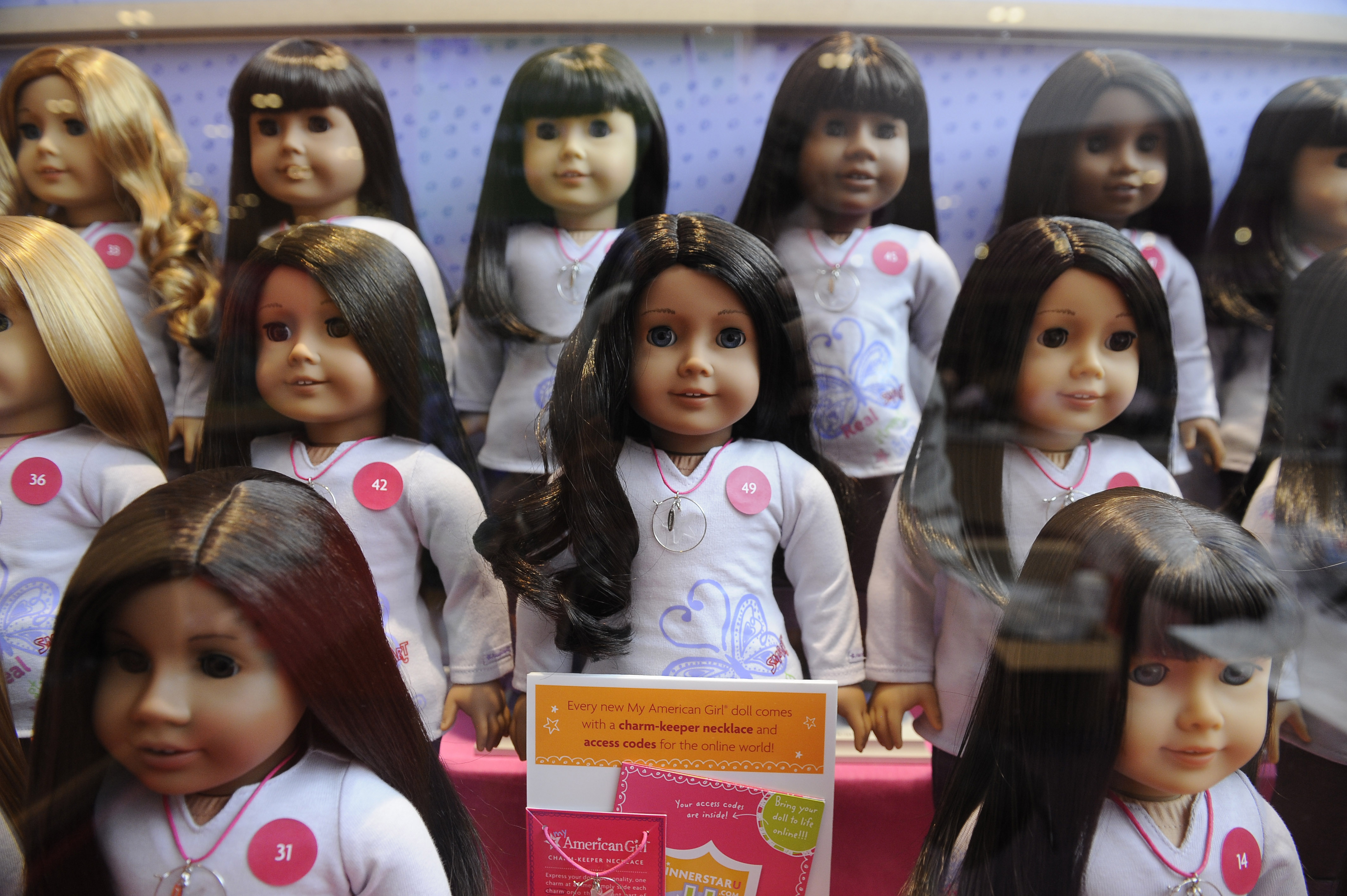 The week's good news: Sept. 7, 2023
The week's good news: Sept. 7, 2023feature It wasn't all bad!
-
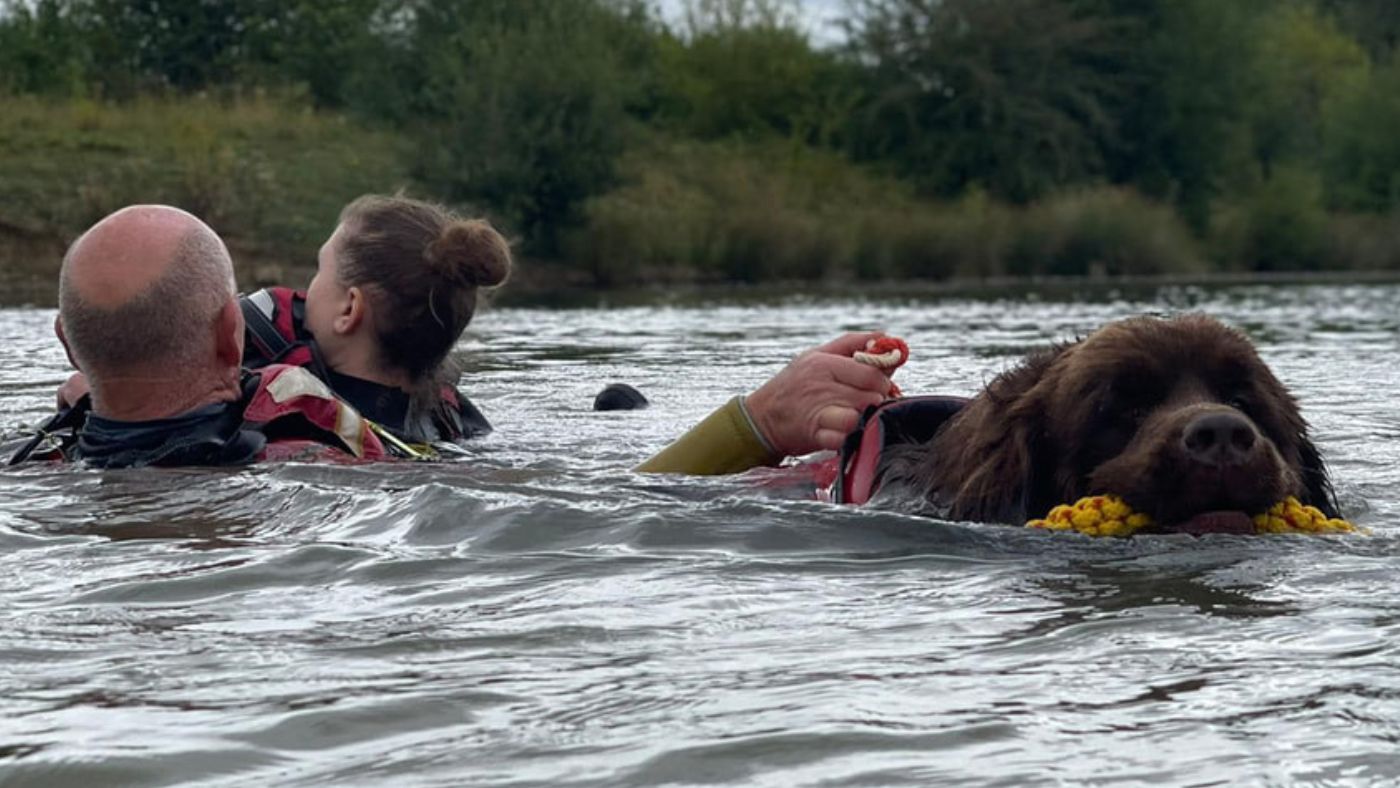 Lives transformed by swimming with Newfoundland dogs
Lives transformed by swimming with Newfoundland dogsfeature Good news stories from the past seven days
-
 The week's good news: August 31, 2023
The week's good news: August 31, 2023feature It wasn't all bad!
-
 The week's good news: August 17, 2023
The week's good news: August 17, 2023feature It wasn't all bad!
-
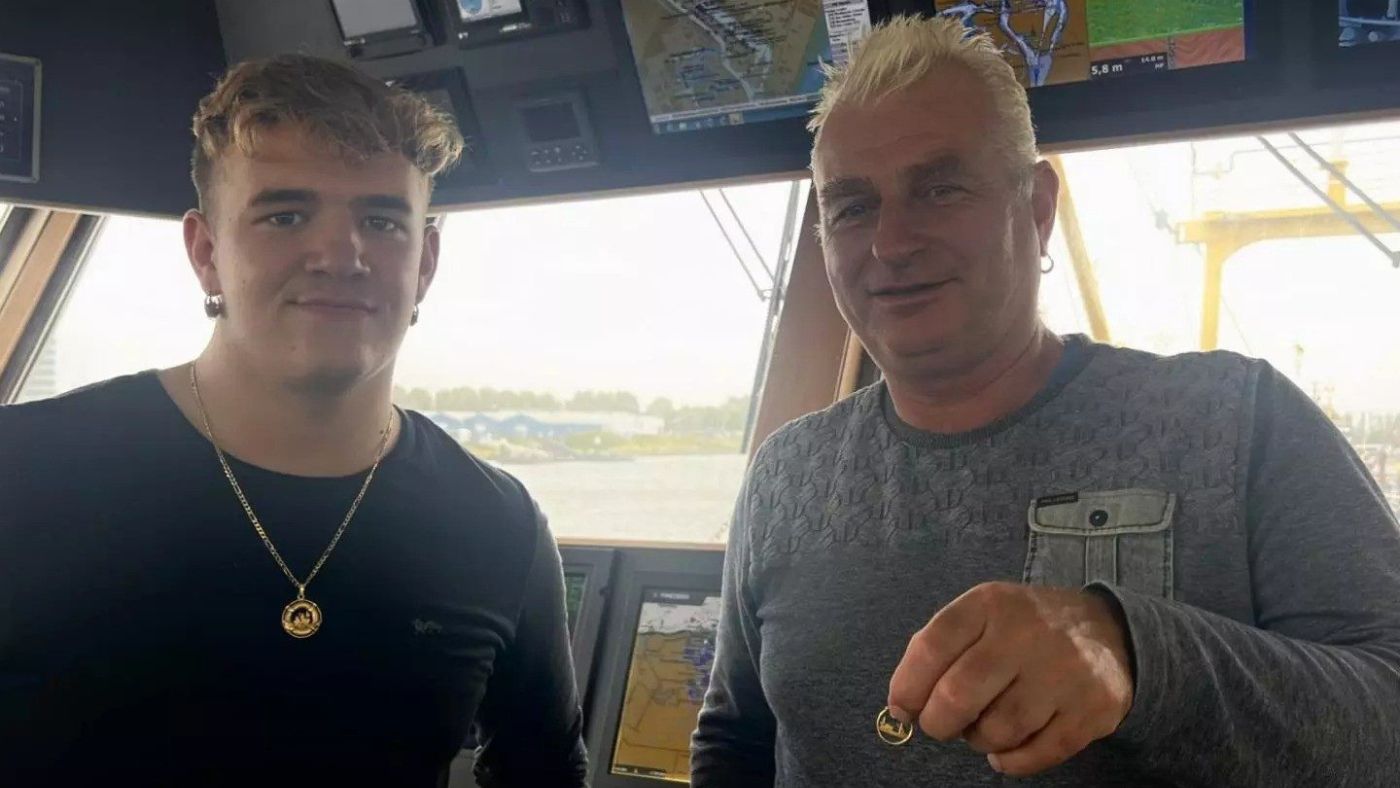 Earring lost at sea returned to fisherman after 23 years
Earring lost at sea returned to fisherman after 23 yearsfeature Good news stories from the past seven days
-
 Farmer plants 1.2m sunflowers as present for his wife
Farmer plants 1.2m sunflowers as present for his wifefeature Good news stories from the past seven days
